
Think back and remember all the times you enjoyed the sand under your feet or taking a dip in the sea. Now remember how many times you saw someone in a wheelchair having as much fun as you. The answer to this last question is surely ‘never.’
Beaches are part of an endless number of tourist destinations in Costa Rica that exclude people with physical handicaps. In fact, there are no wheelchair accessible beaches anywhere in Central America. But that is about to change. A beach in Guanacaste could be one of the first.
Costa Rican projects “Dona Tapa” and “First inclusive beach in the country” will make Costa Rica the first country in Central America to have wheelchair accessible beaches. Jacó on the Pacific coast and Cahuita on the Caribbean coast are among them. It will do it with walkways made of plastic from recycled plastic caps, the same ones that often end up in rivers and rivers, streams and the sea.
These three-meter wide walkways will connect sidewalks with the sea so that people in wheelchairs or with reduced mobility can reach the water.
Stephanie Sheehy of “Dona Tapa” said that a beach in Guanacaste, without revealing which, will be next for installation after they finish in Jacó
According to Sheehy, they are considering those that have the Ecological Blue Flag (BAE). In Guanacaste the two beaches with a five-star BAE are Matapalo in Carrillo and Punta El Madero in Santa Cruz. Junquillal Bay has three.
A Chain of Commitment
These projects are a sign that community involvement was key for choosing these coasts. The Costa Rica Accessible Tourism Network, led by Dona Tapa, is working on other projects with the Adapted Surfing Federation, which is how they found out that Jacó already has a predisposition to inclusion.
There is a commitment along the value chain to encourage accessible tourism, including the municipal government, the community, hotels and restaurants that are willing to make changes and adapt to people’s’ needs.”
This allows beaches to be accessible and lets tourists with handicaps to move freely around Jacó’s tourist destinations.
“First inclusive beach in the country,” led by Proparques, chose Playa Blanca in Cahuita.
“It’s the only marine area in the whole country that is co-administered by members of the community,” says Proparques executive director Rocío Echeverri.
This is a key requirement for both initiatives because the walkways are retractable. That means that they can be placed dow, but must be moved or removed according to the tide. By law, they cannot be left permanently in the sand.
“The more allies we can get for the project the better,” Echeverri said.
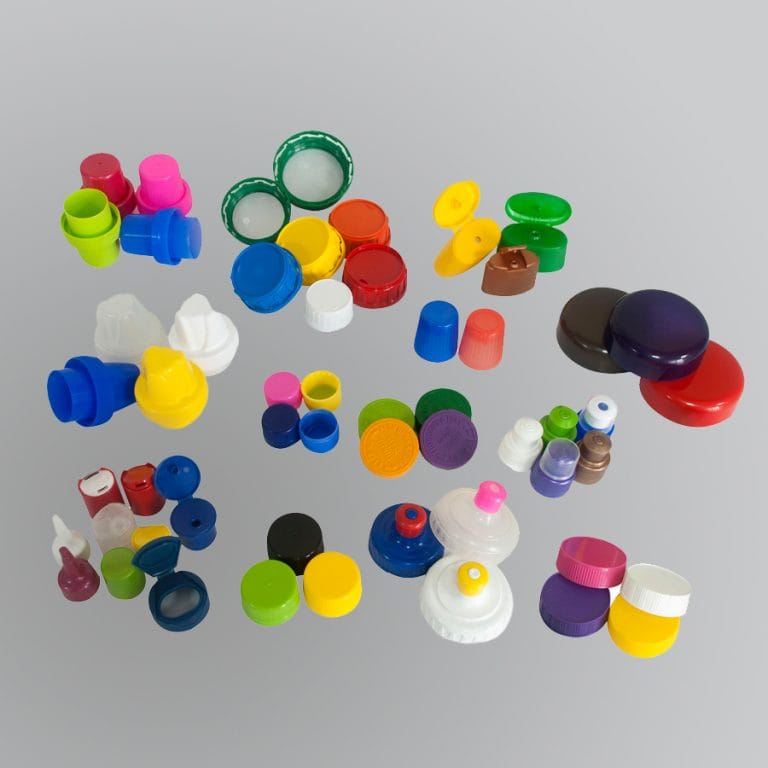
Don’t throw them away! Even food recipes can be used to create plastic wood. Image of doña tapa.
One Hand for the Environment and Another for the Handicapped
Both initiatives started this year when they saw a need for wheelchair accessible tourism and realized that walkways could be built with plastic caps. This is done in countries like Spain.
The organizations formed alliances with recycling centers that received caps and processed them in order to build the walkways.
So, where do the caps come from?
The project opened up hundreds of collection locations thanks to alliances with different institutions, organizations and companies that have been contacting them to join as they heard about the project. Others collect the caps on their own and then donate them to the organizations.
People have approached us thanks to the press and communication from Facebook and word of mouth. It has been very organic,” Sheehy says of Dona Tapa.
Proparques, for example, opened up more than 100 locations across the country through an agreement with the Red Cross and the University of Costa Rica (UCR). Dona Tapa collects at 30 locations, including at the headquarters for the National Council for the Handicapped.
Proparques has collected more than three tons and expects to test out the walkways in January with people in wheelchairs. Dona Tapa expects to install a walkway in Jacó during the same month.
The Walkways Aren’t Enough
In order for beaches to be truly inclusive, they need additional infrastructure. That’s why Proparques is also pushing for construction of wheelchair accessible picnic tables and amphibian chairs that people with physical handicaps can use to float in the sea.
Dona Tapa also plans to collect funds to build wheelchair accessible bathrooms and changing rooms in Jacó.
According to Sheehy, there are four basic elements for making a beach wheelchair accessible: the walkwak, which is how anyone can reach the sea, a place to bathe or change, a bathroom and a parking spot with a sign.
That’s why the caps aren’t enough to make beaches inclusive. But, according to the organizations, they are a good start for promoting inclusive tourism.
There are collection points in Guanacaste too. To participate, visit this link for Dona Tapa and visit the offices of the National Insurance Institute (INS) or Red Cross or Solid Car Rental in Tamarindo and Liberia for Proparques campaign.



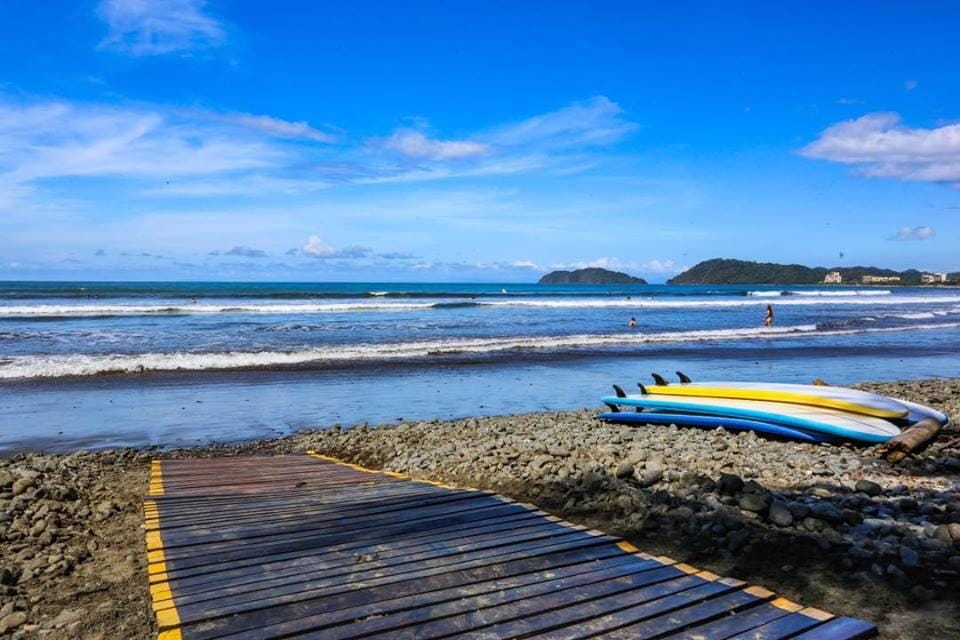
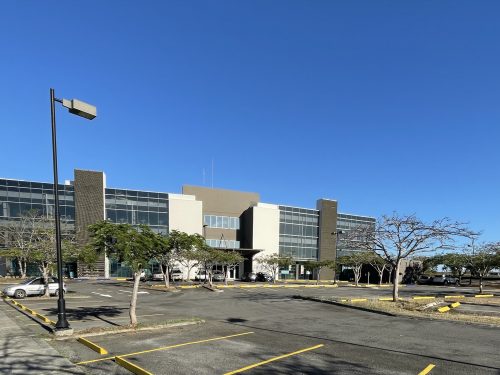
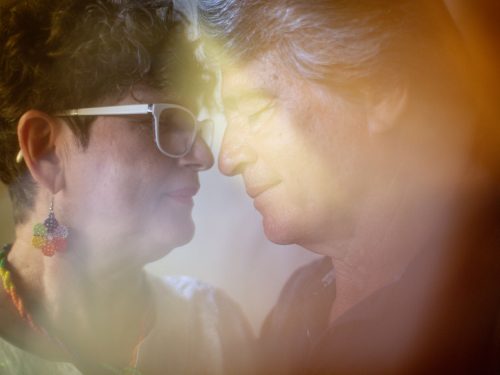
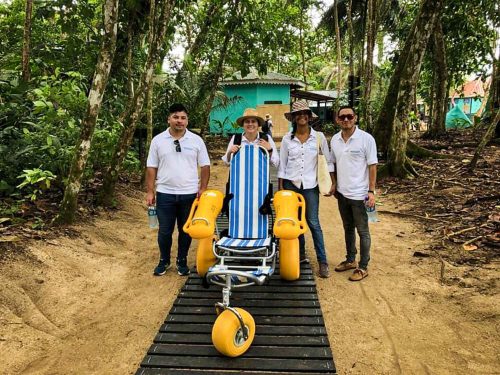

Comments